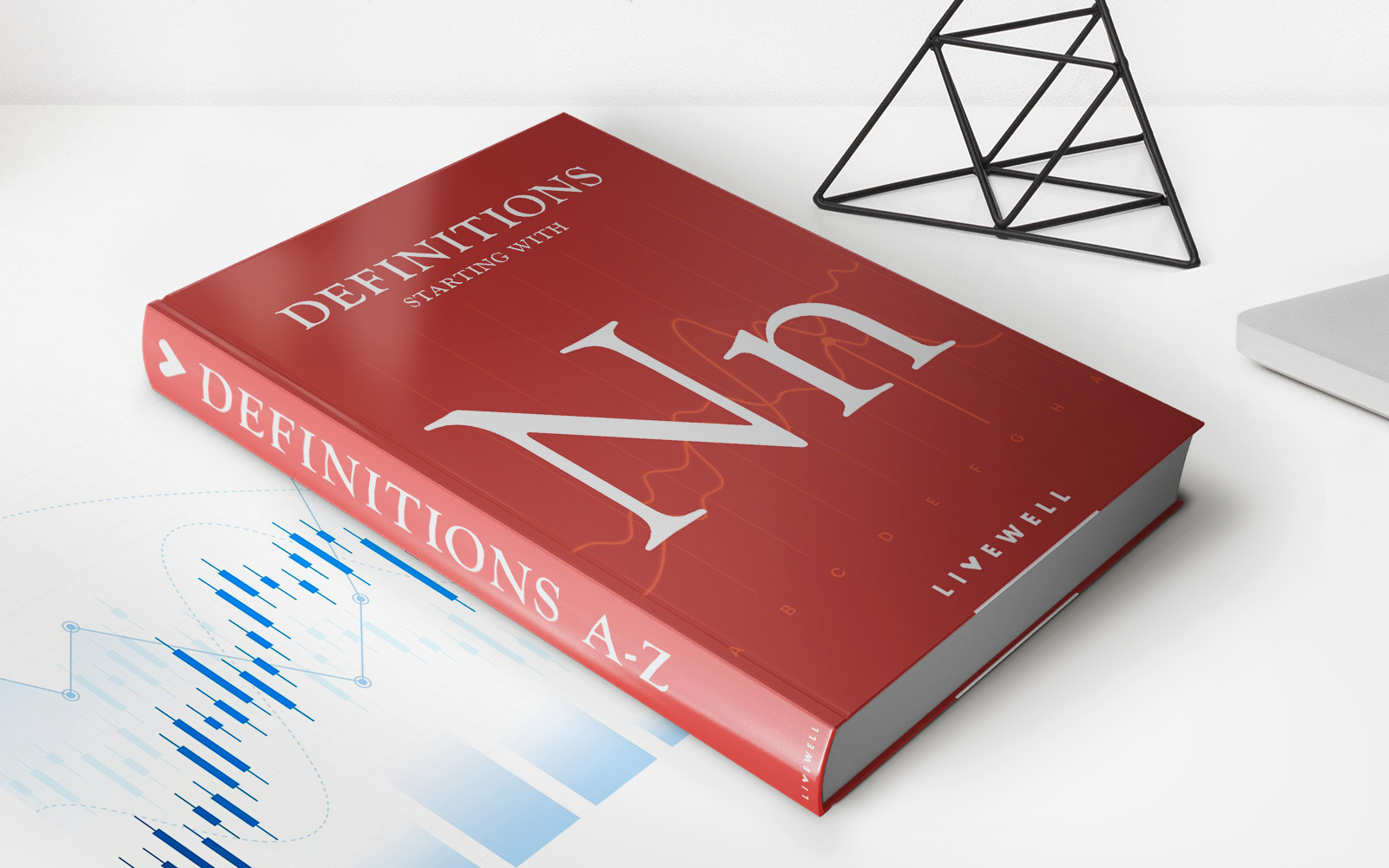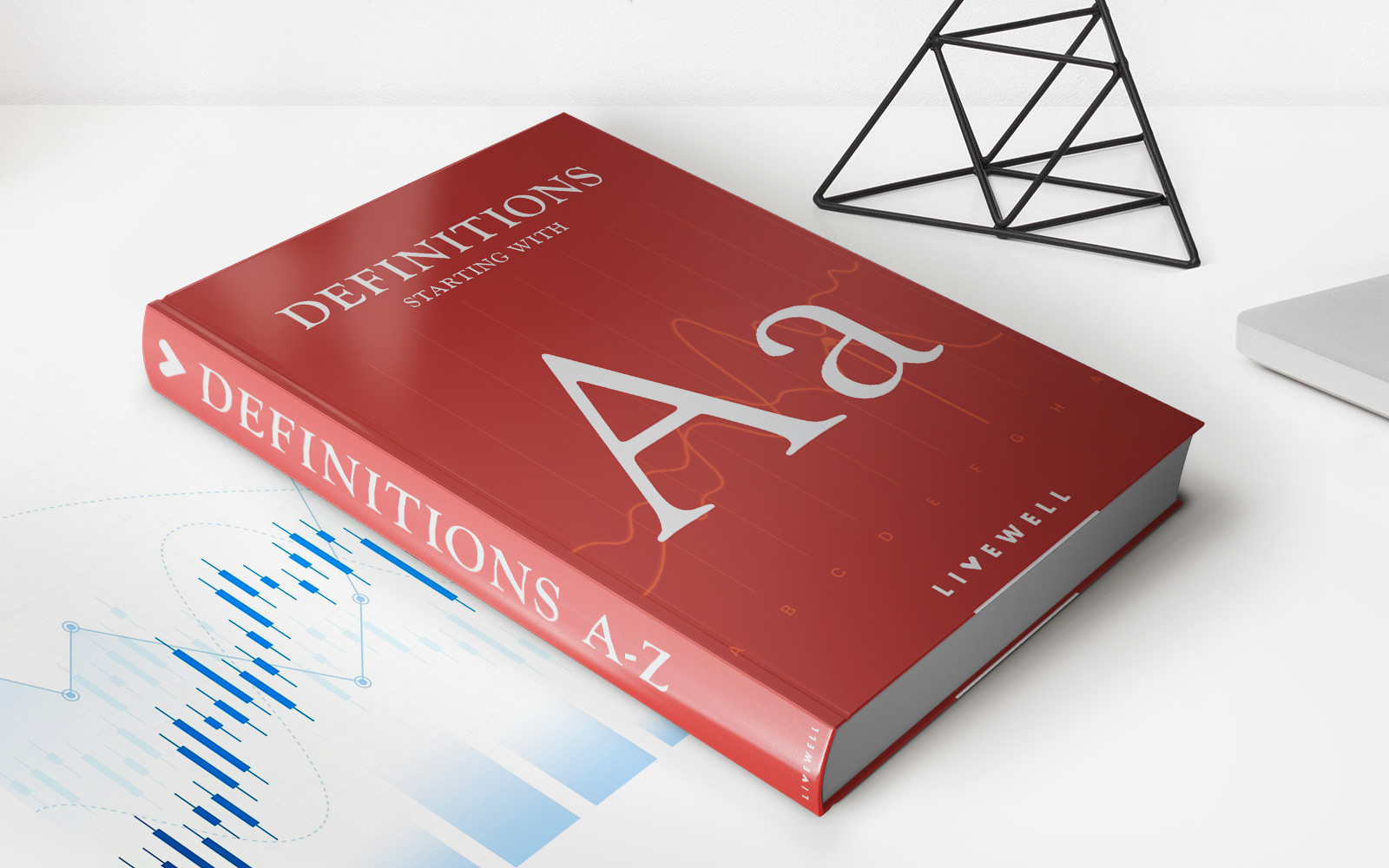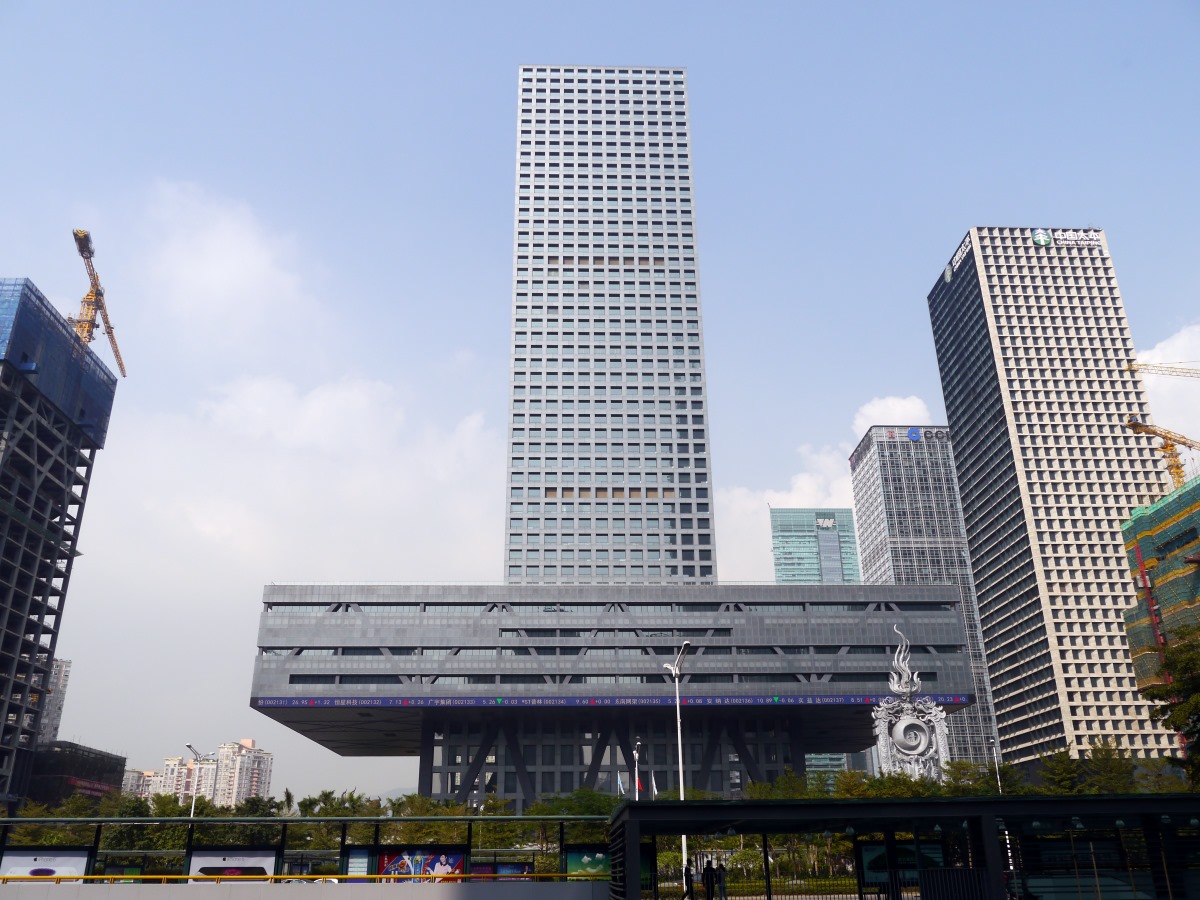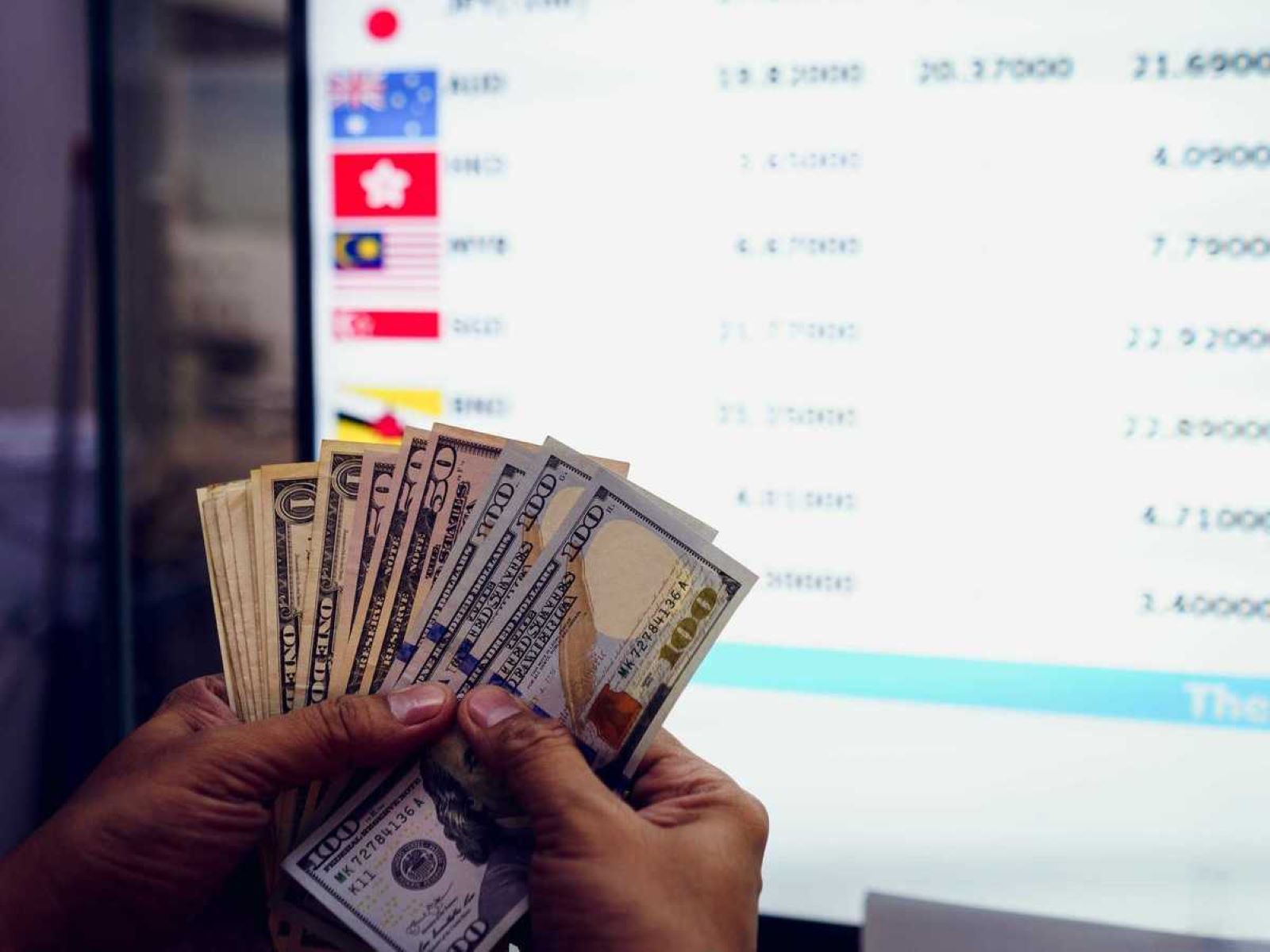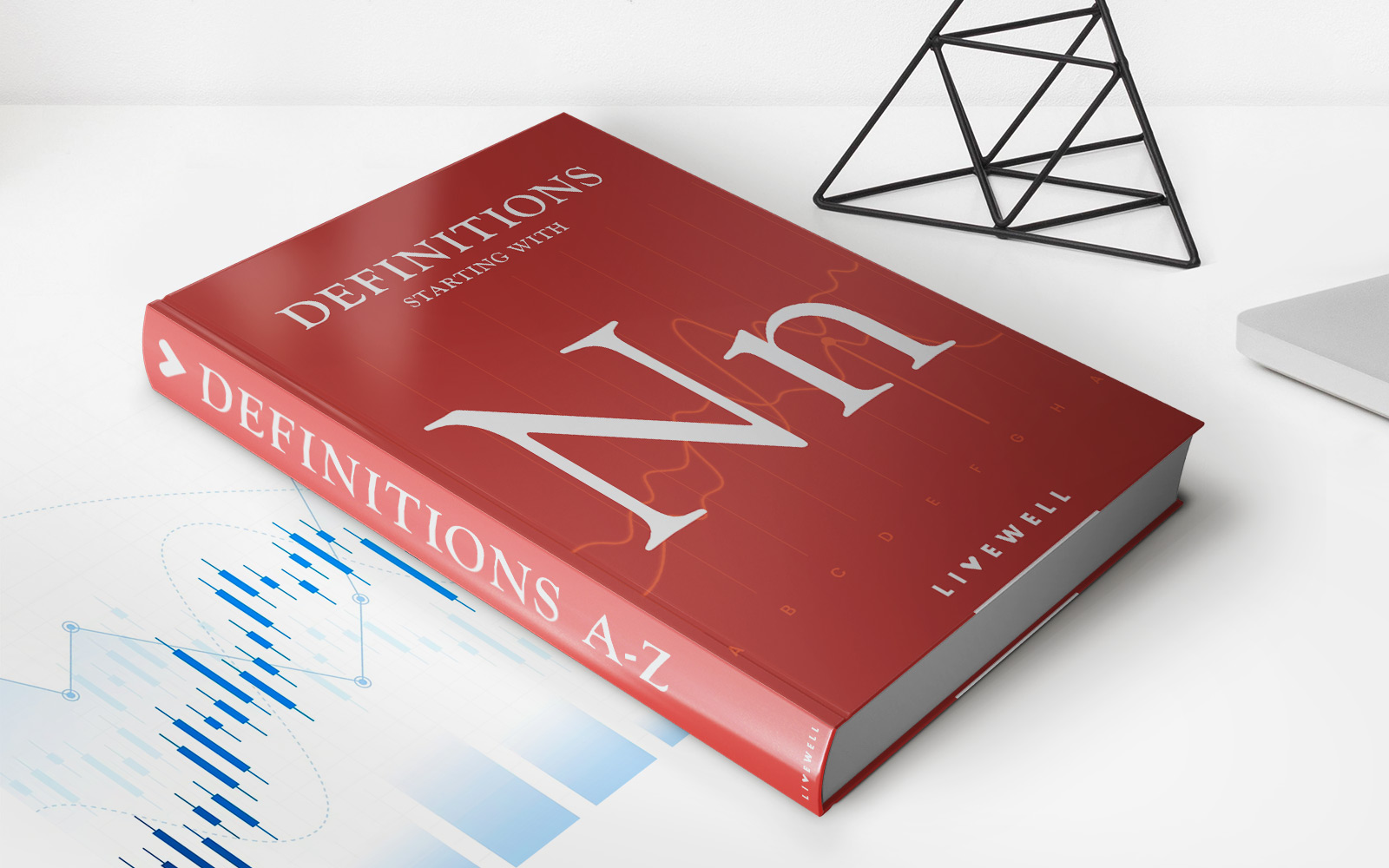

Finance
Beirut Stock Exchange (BSE) Definition
Published: October 15, 2023
Looking to learn about the Beirut Stock Exchange (BSE)? Explore the definition and key aspects of finance in Lebanon's financial market.
(Many of the links in this article redirect to a specific reviewed product. Your purchase of these products through affiliate links helps to generate commission for LiveWell, at no extra cost. Learn more)
Exploring the Beirut Stock Exchange (BSE)
Welcome to the world of finance! Today, we are diving into the exciting realm of the Beirut Stock Exchange (BSE). Whether you’re new to investing or a seasoned trader, understanding how stock exchanges function is crucial in building a successful investment portfolio. In this blog post, we will explore the BSE, providing you with an in-depth definition and key insights into this thriving market.
Key Takeaways
- The Beirut Stock Exchange (BSE) is the primary stock exchange in Lebanon.
- It plays a vital role in stimulating economic growth and attracting foreign investments.
What is the Beirut Stock Exchange (BSE)?
The Beirut Stock Exchange, also known as BSE, is the primary stock exchange in Lebanon. It is a marketplace where buyers and sellers come together to trade stocks and other securities, enabling companies to raise capital by selling ownership stakes, and investors to profit from the growth and success of these companies.
The BSE operates as a centralized exchange, providing a secure and regulated platform for financial instruments such as shares, bonds, and mutual funds. Established in 1920, the BSE has played a vital role in stimulating economic growth and attracting foreign investments to Lebanon.
How Does the BSE Function?
The BSE functions as an organized market where buyers and sellers trade securities. Here’s a simplified overview of the process:
- Listed Companies: Companies seeking to trade their shares on the BSE must meet specific listing requirements.
- Trading Participants: Licensed brokers and financial institutions act as trading participants, executing trades on behalf of their clients.
- Trading Sessions: The BSE operates through daily trading sessions, during which investors can place orders to buy or sell securities.
- Market Indices: The BSE calculates and publishes various market indices, reflecting the overall performance of listed securities and sectors.
The Impact of the BSE
The Beirut Stock Exchange plays a crucial role in Lebanon’s economy. Here are a few ways in which it impacts the financial landscape:
- Capital Formation: The BSE provides companies with access to capital, allowing them to fund expansion and development projects.
- Investor Opportunities: The BSE offers market participants opportunities to invest in various sectors and companies.
- Market Transparency: The BSE promotes transparency and fair trading practices, protecting the rights and interests of investors.
- Economic Development: The BSE contributes to Lebanon’s economic growth by attracting foreign investments and encouraging local entrepreneurship.
Conclusion
The Beirut Stock Exchange (BSE) serves as the primary platform for trading securities in Lebanon. Understanding its function and impact is essential for investors looking to navigate the financial landscape. By connecting companies in need of capital with investors seeking opportunities, the BSE plays a crucial role in fostering economic growth and development. So, whether you’re considering expanding your investment portfolio or simply curious about the world of finance, make sure to keep an eye on the exciting happenings at the Beirut Stock Exchange.

